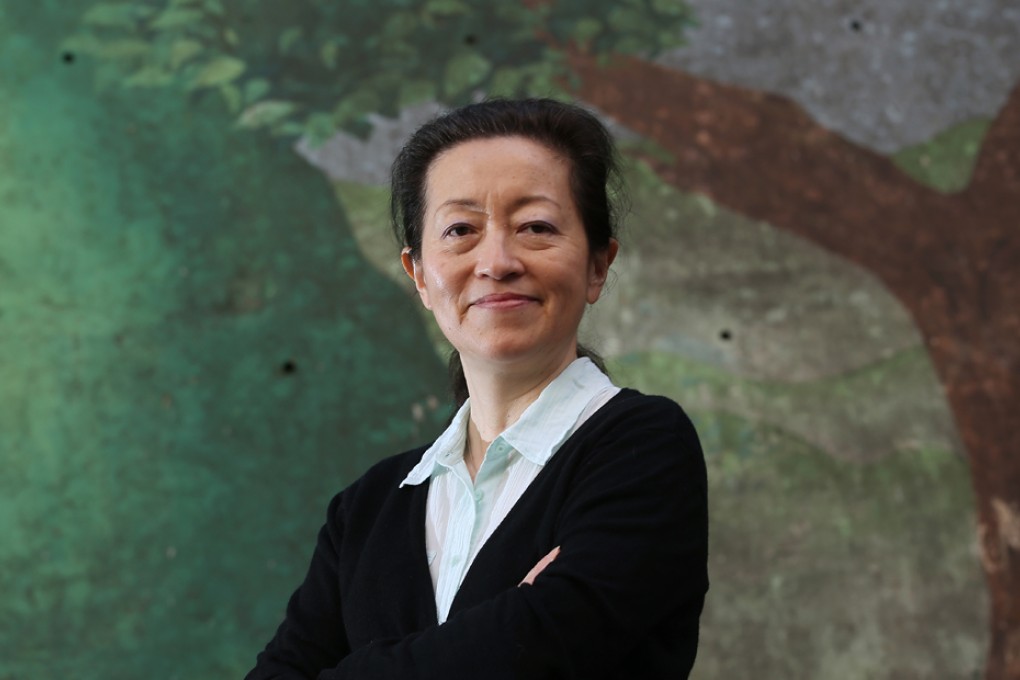Hong Kong a step closer to destroying ivory stockpile
Hong Kong could be about to take the lead in the fight against elephant poachers and the criminal networks behind the illicit ivory trade by destroying its huge stockpile of the contraband, said the regional head of an influential wildlife conservation group.

Hong Kong could be about to take the lead in the fight against elephant poachers and the criminal networks behind the illicit ivory trade by destroying its huge stockpile of the contraband, said the regional head of an influential wildlife conservation group.

"Hong Kong has a very, very big role to play because if they destroy all 33 tonnes of ivory in its stockpile, it will be unprecedented, as that amount has never been destroyed," Gabriel said.
Demand for ivory has soared in recent years, driven mainly by buyers in Asia, and mainland China in particular. It has led to a devastation of elephant populations not seen since the 1990s, when the problem prompted international action.
Images of ivory being destroyed in Dongguan last Monday sent ripples through the offices of the Agricultural, Fisheries and Conservation Department (AFCD) in Hong Kong.
The department's endangered species advisory committee is responsible for deciding what to do with the stockpile, said Gabriel, who on Friday discussed the issue with two officials.